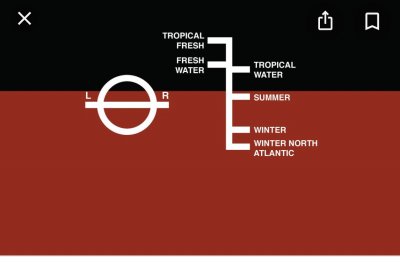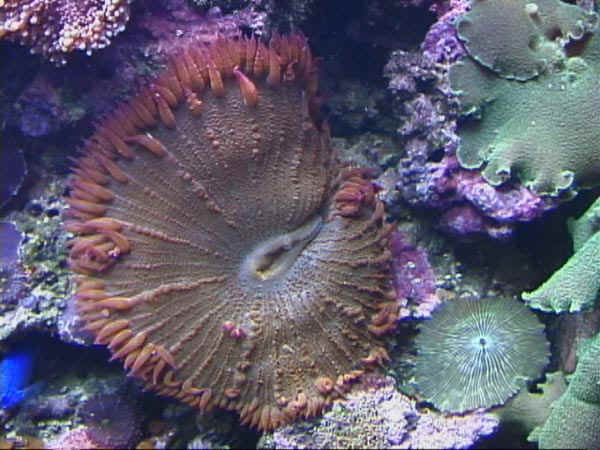I understand and accept that temperature impacts salinity.
Salinity is a ratio of salt to water.
If a 10 gallon tank has a salinity of 35ppt at 68 degrees, and then you raise the temperature to 74 degrees, the ratio of salt to water has not changed.
So why the change in salinity?
Salinity is a ratio of salt to water.
If a 10 gallon tank has a salinity of 35ppt at 68 degrees, and then you raise the temperature to 74 degrees, the ratio of salt to water has not changed.
So why the change in salinity?





















